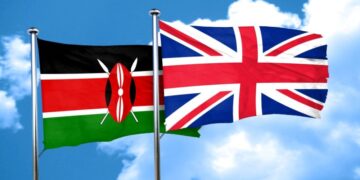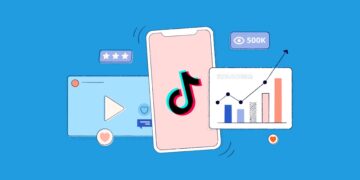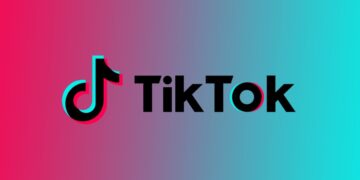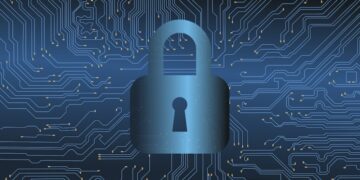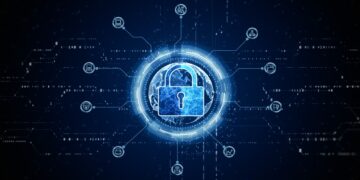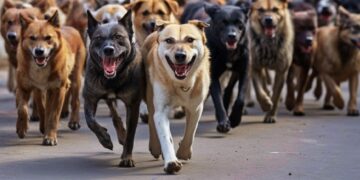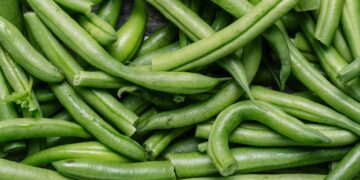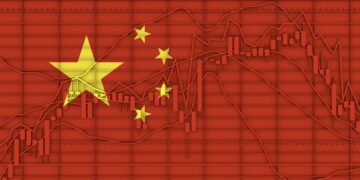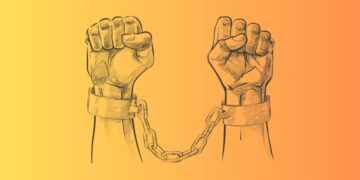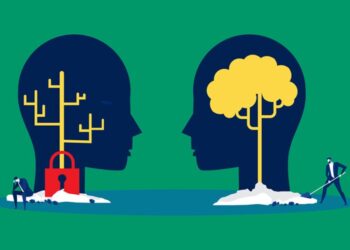Are you interested in data science and learning about its fundamentals? Becoming a data scientist is not easy. Furthermore, it takes years of hard work and dedication. With the right data science book list, however, you will be able to learn all the essential data science concepts to succeed in this field. Data science is a rapidly growing field with many applications in business, academia, and government.
As more and more organizations rely on data to make decisions, the demand for data scientists has never been higher. However, with such high demand comes a lot of competition. To be the best data scientist you can be, it is essential to continuously learn and keep up-to-date with the latest trends and developments in the field. Data science books will help you stay ahead of the curve and give you a competitive edge in the job market.
Here are the best data science books to read to improve your understanding and application of data science concepts.
1. Data Science for Business by Foster Provost and Tom Fawcett
It is a data science book that provides a practical framework for data-driven decision making. It starts with an introduction to data science, discussing the fundamental concepts and techniques. It then moves on to specific applications in marketing, finance, and operations. Throughout the book, the authors provide clear and concise explanations of the concepts, along with real-world examples. It also includes case studies from companies that have successfully used data science to improve their businesses. To be successful in data science, you must be able to analyze data as well as communicate and write your ideas.
2. Introduction to Data Science by Jeffrey Stanton
If you are looking for a comprehensive guide that will teach you everything you need to know about data science, then check out Introduction to Data Science by Jeffrey Stanton. It covers everything from mathematical methods and algorithms to data visualization and machine learning.
It also provides detailed explanations of real-world examples so that you can see how all these concepts work together in practice. This book is an ideal guide for anyone who wants to learn data science fundamentals in a coherent and comprehensible way. It will also help you develop skills that will be valuable no matter what your future career path may be.
3. Mining of Massive Datasets by Jure Leskovec and Anand Rajaraman
Mining of Massive Datasets is a book that was published in 2011 and has since become one of the most influential books on data science. It is written by Jure Leskovec and Anand Rajaraman and deals with the challenges of data mining large datasets. One of the main benefits of reading this book is that it will help you understand some of the fundamental concepts behind data mining.
It will enable you to solve more complex problems with more accuracy and efficiency. Additionally, it will help you develop a better understanding of how computers work, which will give you an advantage when working with big data. Overall, it is an essential book for anyone who wants to learn data science in depth. It is well-written and provides a wealth of knowledge that can be used to solve real-world problems.
4. Predictive Analytics by Eric Siegel
Predictive Analytics by Eric Siegel is a data science book that covers a wide range of topics related to data analytics. It does a great job of explaining the basics of data analytics and data science. It provides advanced insights into predictive modeling and data mining. The book is well-written and easy to understand. These peculiarities make it a great resource for anyone interested in learning more about data science. In addition, the book includes many practical examples that illustrate how predictive analytics can be used to improve business decision-making and its other potential applications.
5. R for Data Science by Hadley Wickham and Garrett Grolemund
Hadley Wickham and Garrett Grolemund’s book, R for Data Science, is an essential guide for anyone wanting to learn data science using the R programming language. It covers a wide range of topics, from data wrangling and exploration to data visualization and machine learning. In each chapter, the authors provide clear explanations and step-by-step examples to illustrate key concepts.
As a result, R for Data Science is an excellent resource for both beginners and experienced data scientists alike. With a focus on the tidyverse – a collection of tools for data wrangling, analysis, and visualization – this book will also be valuable for R users who are not necessarily interested in data science.
6. An Introduction to Statistical Learning by Gareth James, Daniela Witten, Trevor Hastie, and Robert Tibshirani
This book is widely considered to be one of the best data science books available. It has become a go-to resource for students and professionals alike. The book provides readers with a clear and concise overview of the methods and applications of statistical learning. In addition, it includes worked examples using real data sets to illustrate key concepts. It makes this guide an invaluable resource for anyone interested in data science. Whether you are getting started in the field or looking to brush up on your skills, An Introduction to Statistical Learning is an essential read.
7. The Elements of Statistical Learning by Trevor Hastie, Robert Tibshirani, and Jerome Friedman
The Elements of Statistical Learning is one of the most popular data science books out there. Written by Trevor Hastie, Robert Tibshirani, and Jerome Friedman, the book covers a variety of topics essential to data science, including exploratory data analysis, regression models, machine learning, and more. The book is also packed with real-world examples and code snippets to help readers apply what they have learned.
While it is not required reading for data science students, it is often recommended as a good resource for those interested in learning more about the field. The book does a good job of explaining the basics of statistical learning and provides a lot of code examples to help readers understand the concepts.
8. Bayesian Analysis for the Social Sciences by Jeffrey K. Wooldridge
Data science is a burgeoning field, and there is no shortage of data science books to choose from. However, Bayesian Analysis for the Social Sciences by Jeffrey K. Wooldridge is a standout choice for anyone looking to deepen their understanding in this field. Wooldridge expertly covers the basics of data science while also delving into more advanced topics, such as Bayesian inference. The book is well-written and easy to follow, making it an ideal choice for data science beginners and experts alike. Data science is all about research, analysis, managing large amounts of data, and writing.
9. Deep Learning by Ian Goodfellow, Yoshua Bengio, and Aaron Courville
Deep Learning is a data science book written by Ian Goodfellow, Yoshua Bengio, and Aaron Courville. It provides an overview of deep learning, covering both the theoretical aspects and the practical applications. In addition to explaining the various algorithm types, it also covers topics such as data preprocessing, network architecture design, and model tuning. As a result, it will be helpful for anyone interested in data science and machine learning.
10. Machine Learning by Thomas M. Mitchell
In his book, Thomas M. Mitchell provides a clear and concise introduction to the basics of data science, including data mining, feature selection, model selection, and model evaluation. He also discusses more advanced topics such as neural networks and deep learning. With its many examples and step-by-step explanations, Machine Learning is an ideal data science book for beginners. However, even experienced data scientists will find much to learn from Mitchell’s clear and well-organized presentation.
Conclusion
Through reading the best data science books, you will develop a strong foundation in data science concepts and be able to apply them in real-world situations. In addition, these books will also help you develop important skills such as programming, statistical analysis, machine learning, and more. With this knowledge and skills, you will be well-prepared to compete for jobs in the ever-growing field of data science.











































































